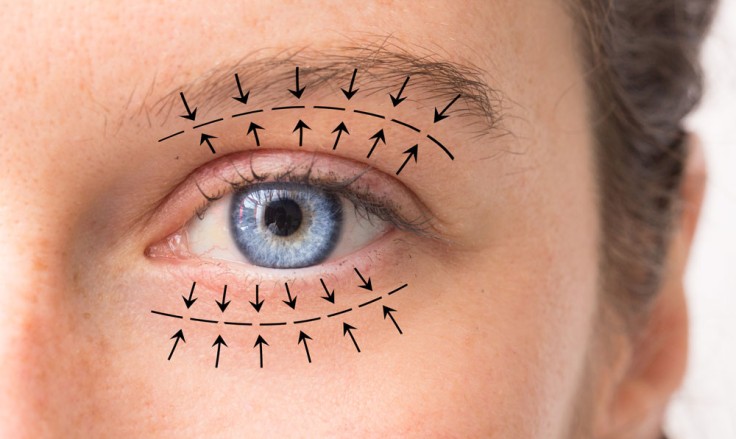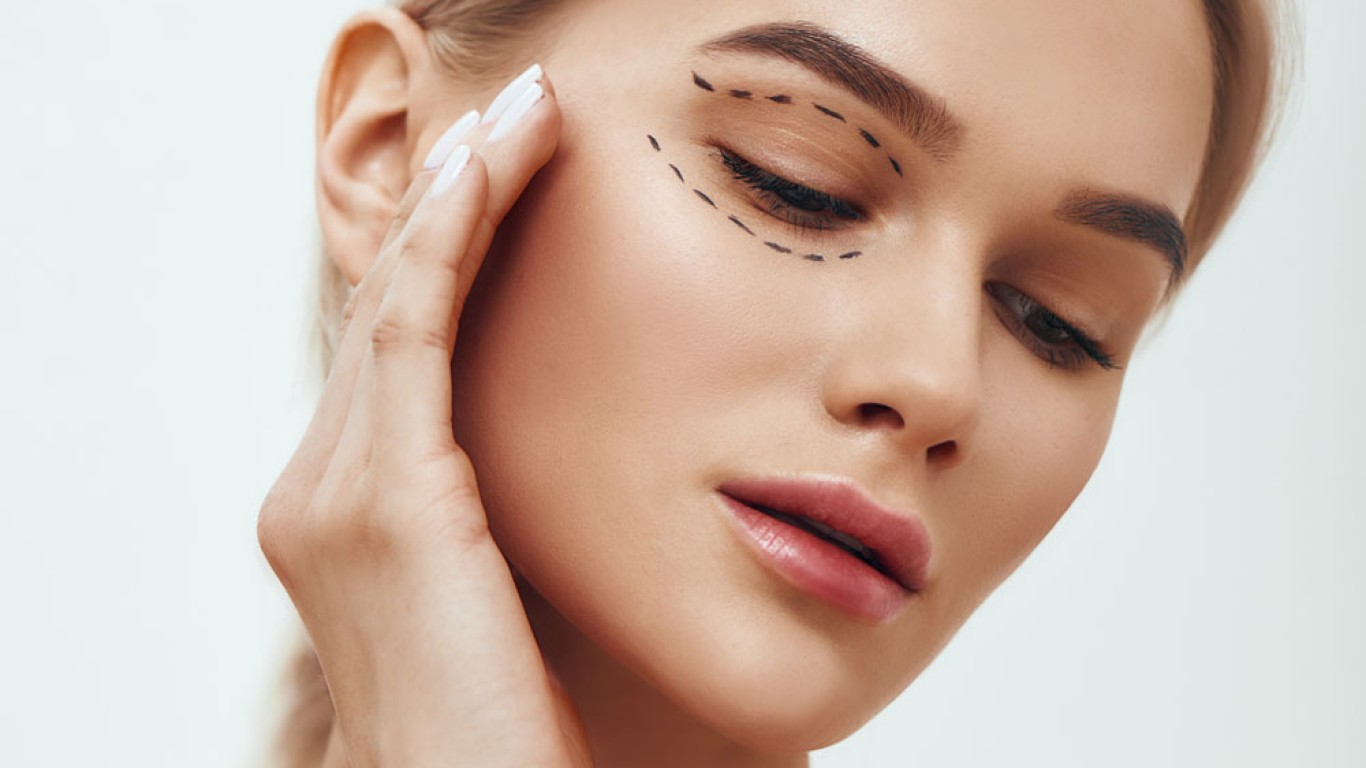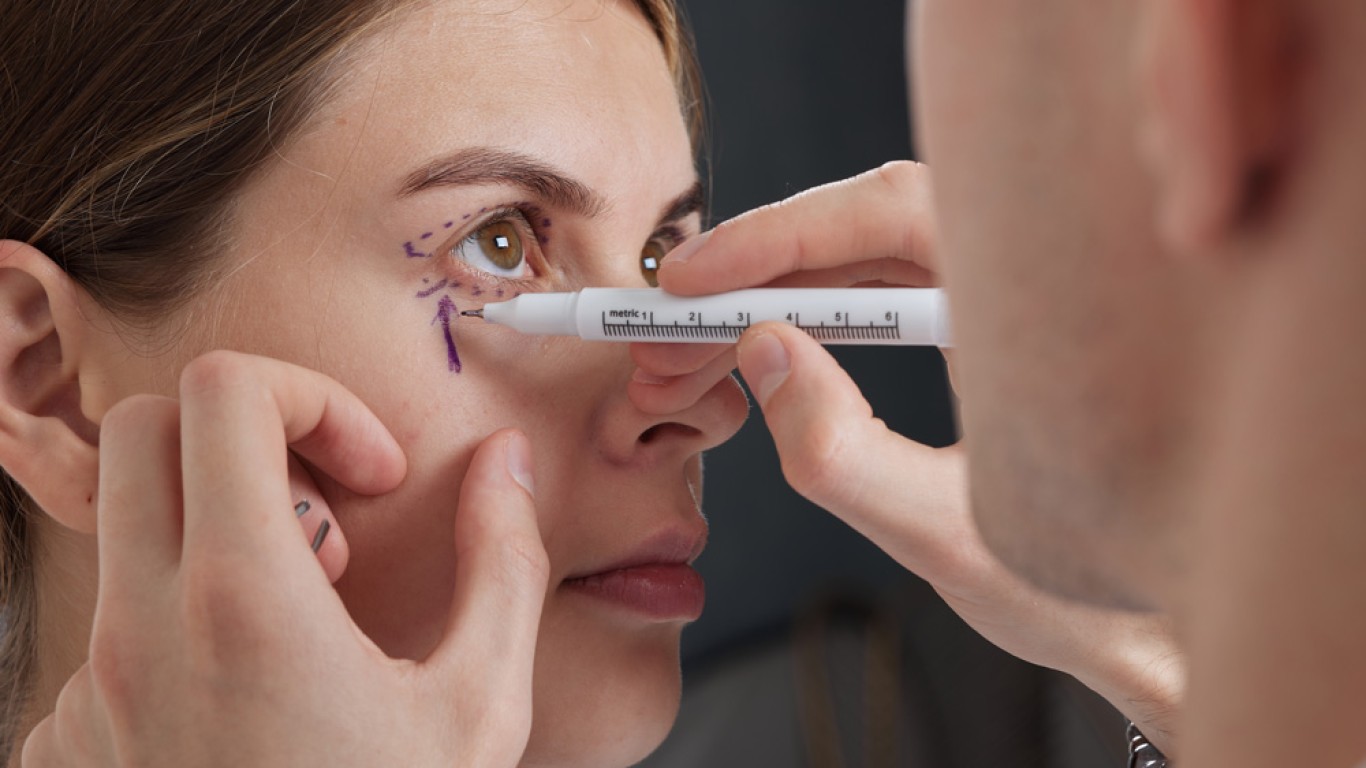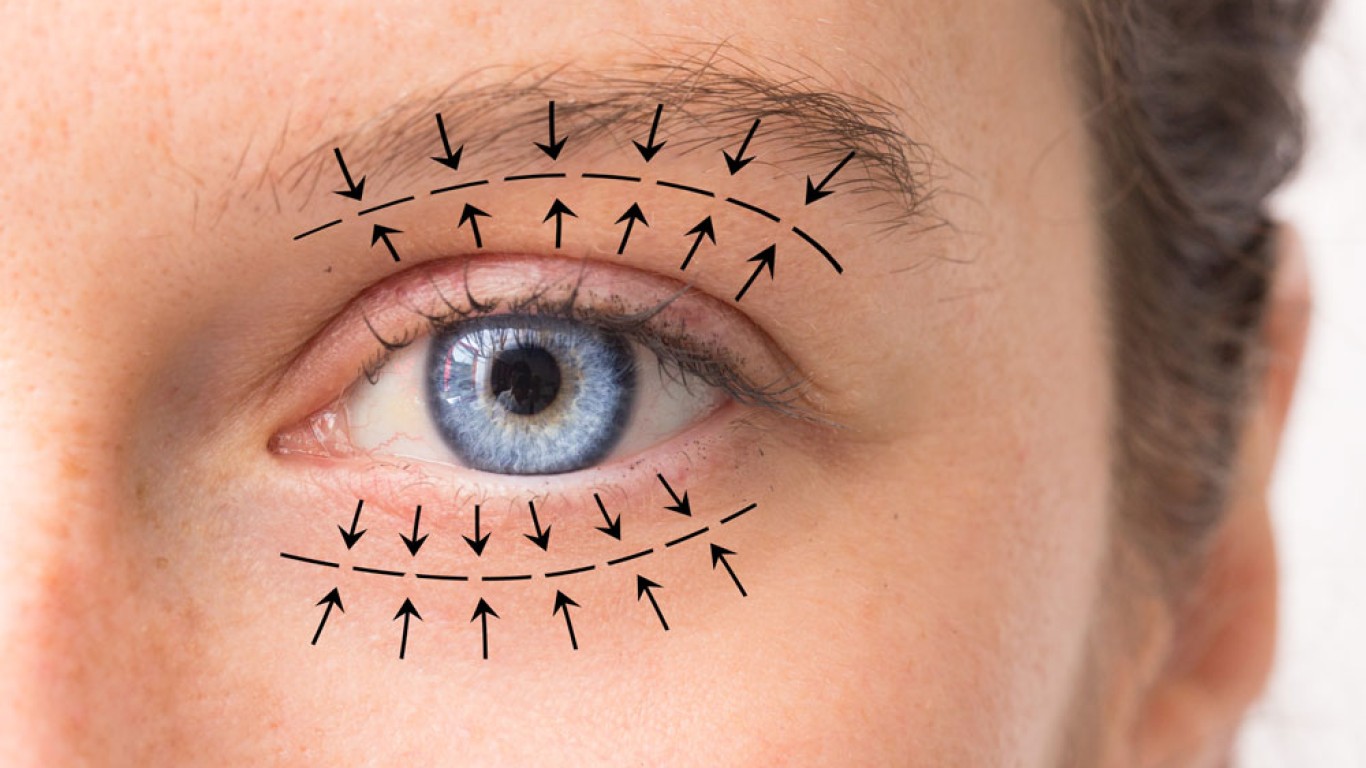Introduction
Eyelid procedures can refresh your appearance. They restore youthful contours to your eyes. A well-planned approach reduces risks and speeds recovery. This guide explains the various eyelid procedures in detail. It also covers pre-operative evaluations, different surgical methods, and post-operative care. Ultimately, you will gain clear insights to make informed decisions about your treatment.
Understanding Eyelid Procedures
Eyelid procedures address excess skin and fat around the eyes. They aim to improve both function and aesthetics - blepharoplasty is the most common type. Customisation is crucial. Every patient’s anatomy is unique, so the technique should be tailored to you. Techniques such as advanced digital imaging guides precise incisions. Overall, understanding the procedure options sets the stage for success.
Types of Eyelid Procedures
There are several types of eyelid procedures. Each one is designed to address specific concerns:
Upper Blepharoplasty
- Upper blepharoplasty targets excess skin on the upper lids.
- It improves vision and restores a youthful look.
- Surgeons make incisions along the natural crease.
- This method removes surplus skin and fat. The result is a refreshed, alert appearance.
- It also reduces the heaviness that can impair peripheral vision.
Lower Blepharoplasty
- Lower blepharoplasty focuses on the under-eye area.
- It reduces puffiness and dark circles.
- The procedure removes or repositions fat deposits.
- Incisions are often made inside the lower eyelid.
- This approach avoids visible scarring.
- In essence, it smooths the under-eye area and enhances overall appearance.
Combined Blepharoplasty
- Some patients require both upper and lower procedures.
- Combined blepharoplasty addresses multiple concerns simultaneously.
- It can provide a comprehensive rejuvenation.
- The surgeon removes excess tissue from both areas.
- The result is a balanced and harmonious look.
- This option is ideal for those with extensive eyelid aging.
Transconjunctival Blepharoplasty
- Transconjunctival blepharoplasty is performed through the inner eyelid.
- This technique leaves no visible external scar.
- It is best suited for patients with fat deposits but little excess skin.
- The surgeon makes an incision inside the lower eyelid.
- Fat is then repositioned or removed.
- In essence, this method offers a discreet solution.
Laser Blepharoplasty
- Laser blepharoplasty uses a laser instead of a scalpel.
- The laser precisely removes or reshapes tissue.
- This method reduces bleeding and swelling.
- It also promotes faster healing.
- Laser techniques are often used for mild to moderate corrections.
- They offer a less invasive option with minimal discomfort.
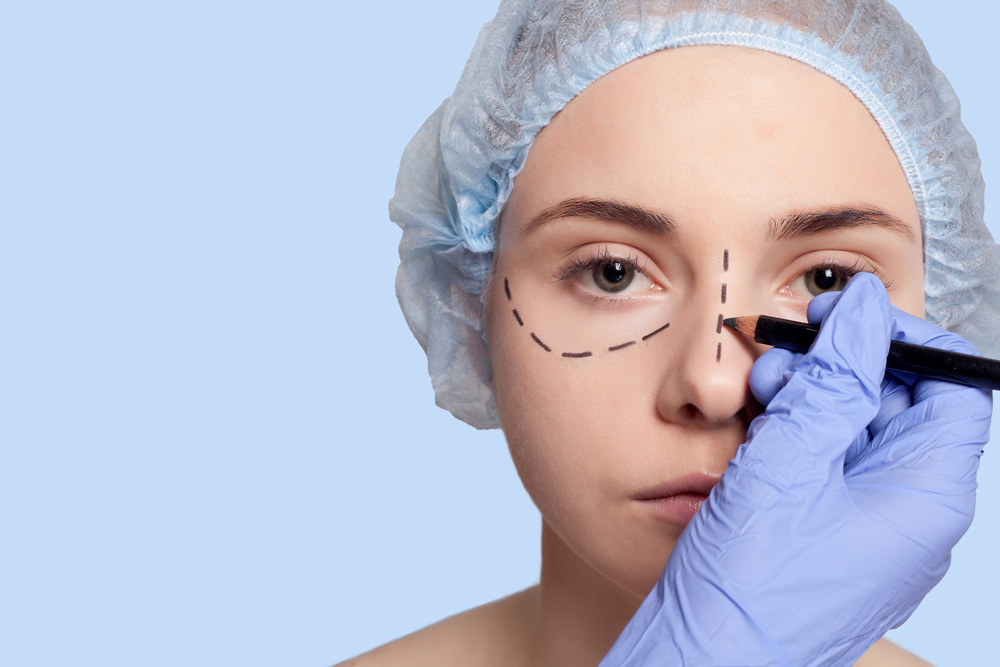
Pre-Operative Considerations
Before surgery, a thorough medical evaluation is essential. Schedule a detailed consultation with your surgeon. They will review your medical history and eye health. Digital imaging and measurements may be taken. Your surgeon will discuss the various procedure options. Clear communication sets realistic expectations. Additionally, follow any pre-operative instructions, such as stopping smoking. Proper preparation ensures that you are ready for surgery.
The Surgical Process
On the day of your procedure, adhere strictly to your surgeon’s instructions. You may need to fast for several hours before the operation. At the clinic, final evaluations are performed. The surgery is usually done under local or general anaesthesia. Small, precise incisions are made based on your chosen procedure. Whether using a scalpel or laser, the aim is to remove excess tissue and restore a natural look. The procedure is customised to your unique anatomy for balanced results.
Immediate Post-Operative Care
The first 48 to 72 hours are critical for recovery. Expect some swelling, bruising, and discomfort. Follow your surgeon’s post-operative instructions carefully. Take prescribed pain medications on time. Use ice packs in 15-minute intervals to reduce swelling. Keep the surgical area clean and dry. Proper care during this period helps prevent infection and minimises scarring.
Gradual Recovery and Activity
After the initial recovery phase, gradually reintroduce light activity. Begin with short, gentle walks. These help boost blood circulation and support healing. As you progress, slowly increase your activity level. Low-impact exercises, such as stretching or light yoga, can be added after the first week. Always follow your surgeon’s advice when increasing activity. A gradual return to exercise helps rebuild strength without straining healing tissues.
Nutritional Support and Hydration
Good nutrition is vital for healing. Focus on a balanced diet rich in lean proteins, fruits, and vegetables. These foods provide the vitamins and antioxidants needed for tissue repair. Whole grains and healthy fats offer steady energy. Also make sure you drink enough water. Aim to drink at least eight glasses of water daily. A nutrient-rich diet and proper hydration accelerate recovery and enhance long-term results.
Emotional and Psychological Considerations
Preparing emotionally is as important as physical preparation. Many patients feel anxious before undergoing eyelid procedures. Educate yourself about the process to reduce fears. Consider joining a support group or speaking with a counsellor. Relaxation techniques like meditation and deep breathing can help. A calm mindset contributes to smoother recovery and better overall satisfaction. Managing stress plays a vital role in your healing journey.
Long-Term Maintenance and Follow-Up
Maintaining the benefits of your eyelid procedure requires ongoing care. Regular follow-up appointments allow your surgeon to monitor your progress. These visits help detect any issues early. In addition, maintain a healthy lifestyle with proper skincare and sun protection. Regular exercise and a balanced diet support your overall eye health. Consistent long-term care ensures that your results are preserved over time.
Additional Considerations
- Pre-Operative Preparation:Begin with a comprehensive medical evaluation and consultation. Clear communication with your surgeon sets realistic expectations.
- Customised Procedure Selection:Choose the type of eyelid procedure that best suits your anatomy and aesthetic goals. Each method offers unique benefits.
- Emotional Support:Engage in stress management and seek support to ease pre-surgery anxiety.
- Document Your Progress:Keeping a recovery journal can help you and your doctor track improvements and address any concerns.
Conclusion
To summarise, understanding the range of eyelid procedures is essential for successful outcomes. A comprehensive approach that includes pre-operative evaluation, customised surgical planning, and diligent post-operative care is key. Each individual method should be designed to deliver natural and balanced results.
Proper preparation, including lifestyle adjustments and emotional readiness, sets the stage for a smooth recovery. Ultimately, by following these guidelines, you can enjoy a refreshed, youthful appearance and improved eye function.
For more information and to book a consultation visit the ACIBADEM Beauty Center Blepharoplasty page.
Frequently Asked Questions
They include upper, lower, combined, transconjunctival, and laser blepharoplasty.
Digital imaging and 3D modelling help tailor the treatment to your unique anatomy.
It includes pain management, wound care, and limiting activity for 48-72 hours.
Gentle walks and light stretching are recommended in the first 1-2 weeks.
Regular follow-ups and a healthy lifestyle preserve the results over time.
